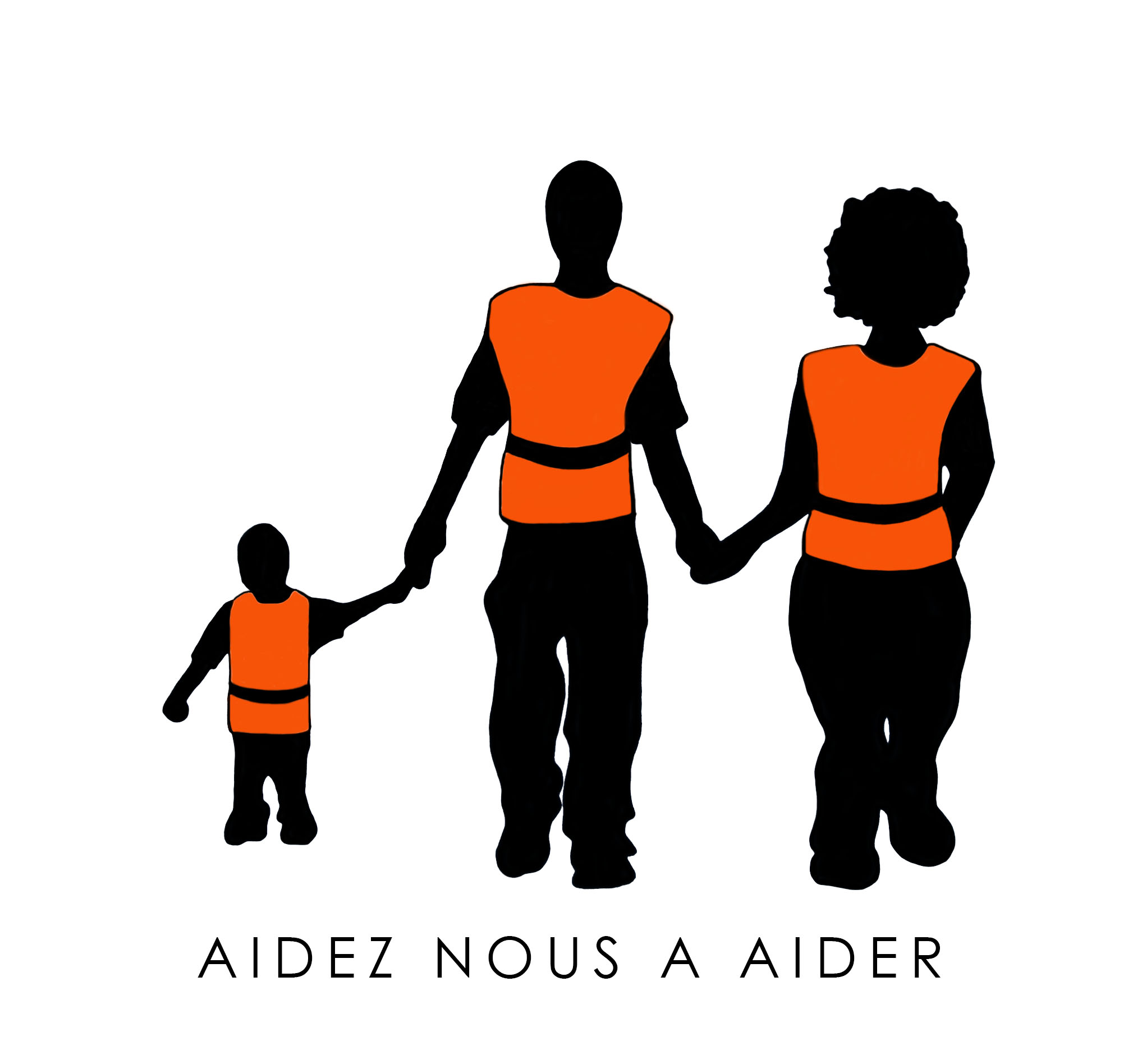The influx of Ukrainian civilians seeking refuge across the European Union following the Russian invasion has garnered considerable attention and support from European governments and citizens alike. This response reflects a sense of solidarity and empathy towards those fleeing conflict and seeking safety. However, it starkly contrasts with Europe’s treatment of migrants and refugees from other regions, particularly those attempting to reach Southern Europe via dangerous sea routes across the Mediterranean.
Despite the grave risks faced by migrants and refugees attempting to reach Europe, often resulting in tragic loss of life, European nations have implemented policies characterized by barriers, restrictions, and inadequate support systems. These policies have created formidable obstacles for individuals seeking asylum or better lives within Europe’s borders. Barriers include strict border controls, fortified fences, and naval blockades aimed at deterring migration routes across the Mediterranean. Additionally, legal and administrative hurdles, such as stringent asylum application processes and limited resettlement options, further hinder access to protection and assistance for those in need. Insufficient support systems exacerbate the plight of migrants and refugees, leaving many vulnerable to exploitation, abuse, and destitution upon arrival. This approach reflects a failure to uphold the principles of humanitarianism and international law, as well as a lack of coordinated efforts to address the root causes of migration and provide adequate resources for integration and support.
The contrast in Europe’s response to various refugee populations underscores a significant inconsistency in its approach to migration and asylum. While Ukrainian refugees fleeing conflict receive widespread support and solidarity across the continent, other refugee populations, particularly those arriving via the Mediterranean Sea, face significant barriers and challenges. This disparity prompts critical questions about the underlying factors driving such inconsistencies. Factors such as geopolitical considerations, historical ties, and public perceptions may influence the differential treatment of refugee groups. Additionally, systemic issues within Europe’s asylum and migration policies, including varying levels of political will and capacity among member states, contribute to disparities in responses. Addressing these disparities requires a more comprehensive and equitable approach to migration and asylum policies across the continent. This entails fostering greater solidarity and cooperation among European nations, ensuring consistent adherence to international humanitarian and refugee law, and prioritizing the protection and well-being of all individuals seeking refuge in Europe, regardless of their country of origin.

Also Read: Why are migrants being sent to Rwanda?
The exacerbation of these disparities is further fueled by an escalating xenophobic political discourse prevalent in numerous European countries. This rhetoric, often spearheaded by right-wing populist movements, fosters fear and suspicion towards migrants and refugees, perpetuating negative stereotypes and fueling anti-immigrant sentiment within society. In response to these sentiments and the perceived challenges posed by migration, member states of the European Union have embarked on reforms to overhaul the Common European Asylum System (CEAS). These reforms seek to streamline asylum procedures, heighten border controls, and expedite the deportation of asylum seekers to designated “safe third countries.” By tightening asylum regulations and facilitating deportations, policymakers aim to deter irregular migration and alleviate the perceived strain on social services and infrastructure caused by the influx of refugees. However, critics argue that such reforms risk compromising the fundamental rights and protections afforded to asylum seekers, potentially exposing vulnerable individuals to harm and persecution in their countries of origin or transit. Moreover, these measures risk further exacerbating existing disparities in Europe’s treatment of refugees and migrants, perpetuating a cycle of marginalization and exclusion for those in need of protection.
These reforms, notably championed by traditionally progressive governments such as Germany’s, represent a significant departure from previous asylum policies characterized by a more humanitarian approach. The shift in stance reflects a broader trend towards stricter immigration controls and border management across Europe in response to political pressures and public sentiment regarding migration. Despite their progressive credentials, governments like Germany’s have been compelled to adopt more stringent measures in light of growing concerns over security, social cohesion, and the perceived strain on resources posed by increased migration flows. This shift underscores the complex and multifaceted nature of the migration issue, which intersects with broader political, economic, and social dynamics shaping contemporary European societies. While these reforms may be intended to address legitimate concerns regarding migration management and integration, they also raise questions about the erosion of asylum protections and the potential abandonment of principles of solidarity and human rights in favor of more restrictive immigration policies. As such, the embrace of these reforms by traditionally progressive governments marks a notable departure from their previous positions and reflects the evolving political landscape surrounding migration in Europe.

Also Read: Involuntary Relocation and Migrants in Morocco
The CEAS reforms, if enacted, could have authoritarian implications by potentially undermining democratic principles and the rights of asylum seekers. These reforms, which include provisions for detentions and fast-track procedures at external borders, may erode established legal protections for individuals seeking asylum in Europe. By allowing for summary rejections of asylum claims based on arbitrary criteria such as country of origin or transit route, the reforms could deprive asylum seekers of their right to due process and fair treatment under the law. Moreover, the expansion of third-country rules and the introduction of emergency decrees to facilitate deportations could further restrict asylum seekers’ access to legal recourse and increase the risk of refoulement to unsafe conditions. Such measures not only undermine the fundamental principle of non-refoulement enshrined in international law but also risk perpetuating cycles of violence and persecution for vulnerable populations. Additionally, the concentration of decision-making power at external borders and the extension of detention periods raise concerns about the potential for abuse and violations of human rights by border authorities. Overall, the CEAS reforms represent a significant shift towards more authoritarian border control practices that prioritize deterrence and exclusion over protection and solidarity.
This policy shift mirrors broader societal shifts, characterized by a rightward tilt in political rhetoric and the mainstreaming of anti-immigrant attitudes. However, in the face of these obstacles, there persists a crucial need for activism and advocacy to safeguard the rights of migrants and refugees. This entails advancing alternative narratives of Europe founded on principles of solidarity, democracy, and equitable treatment, while also tackling the root causes of migration. Addressing issues like social and economic disparity and global crises is essential for fostering a more just and inclusive society for all.

